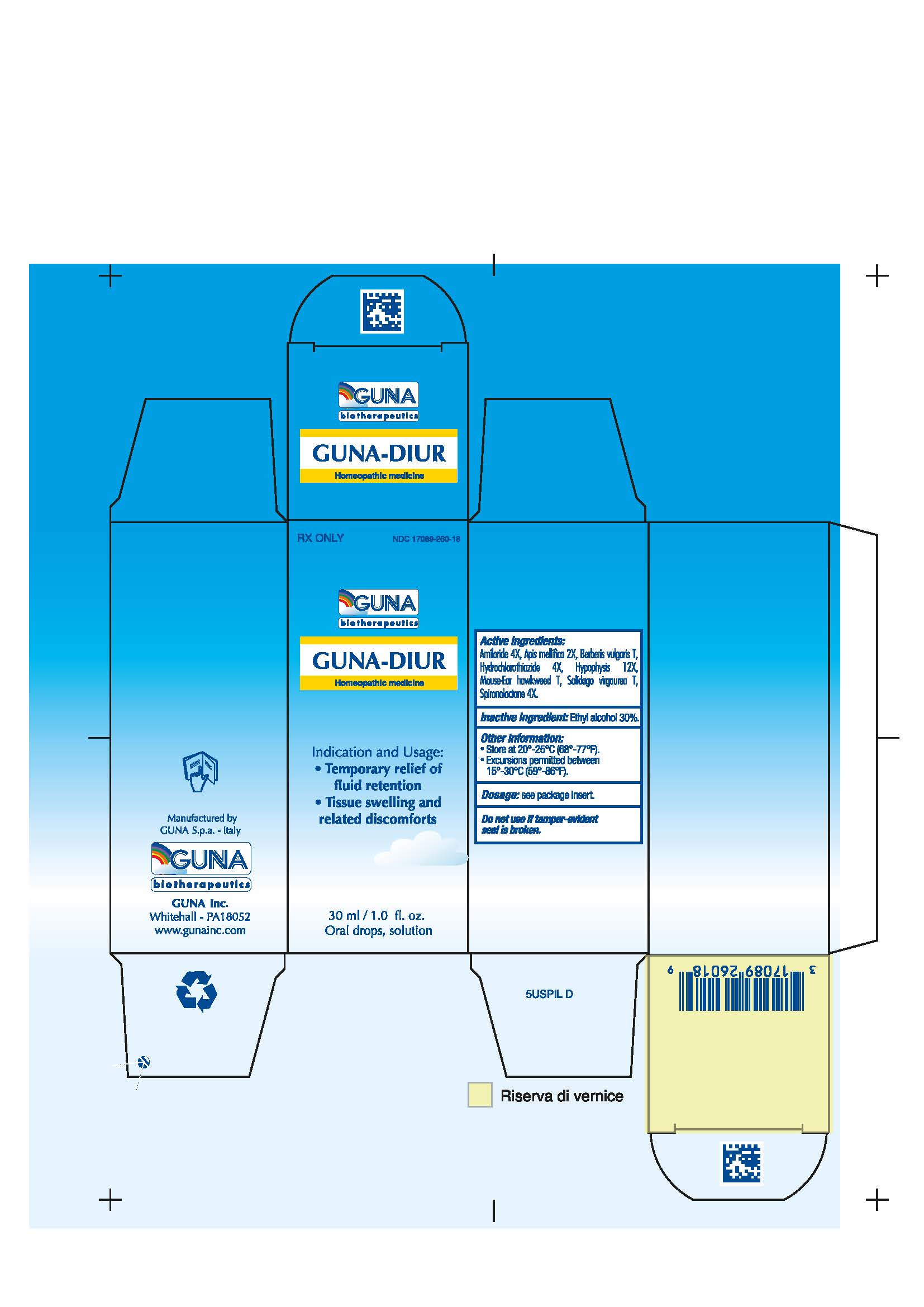Guna-Diur
What is Guna-Diur (Amiloride)?
Approved To Treat
Top Global Experts
Related Clinical Trials
Summary: Recent data suggest involvement of Acid-Sensing Ion Channel channels in the pathophysiology of migraine making these channels a therapeutic target of migraine disease. The implication of Acid-Sensing Ion Channels is discussed through Acid-Sensing Ion Channel-1 which is the most expressed Acid-Sensing Ion Channel channel subtype in the central nervous system. In a mouse model, cortical spreading de...
Summary: Randomized placebo-controlled, double-blind, double-dummy, crossover design testing combinations placebo/placebo, bendroflumethiazide/placebo, amiloride/placebo, and bendroflumethiazide/amiloride added to bumetanide.
Summary: This is a randomized, placebo-controlled, double-blinded crossover trial testing the effects of amiloride in patients with chronic kidney disease (CKD) and proteinuria. In CKD with proteinuria, there is aberrant filtration of serine proteases and complement precursors into the tubular lumen. The interaction of these factors leads to proinflammatory complement activation, which may promote inflamma...
Related Latest Advances
Brand Information
1.1 Temporary relief of fluid retention
1.2 Tissue swelling and related disconforts
8.4. Geriatric use: No restrictions.
